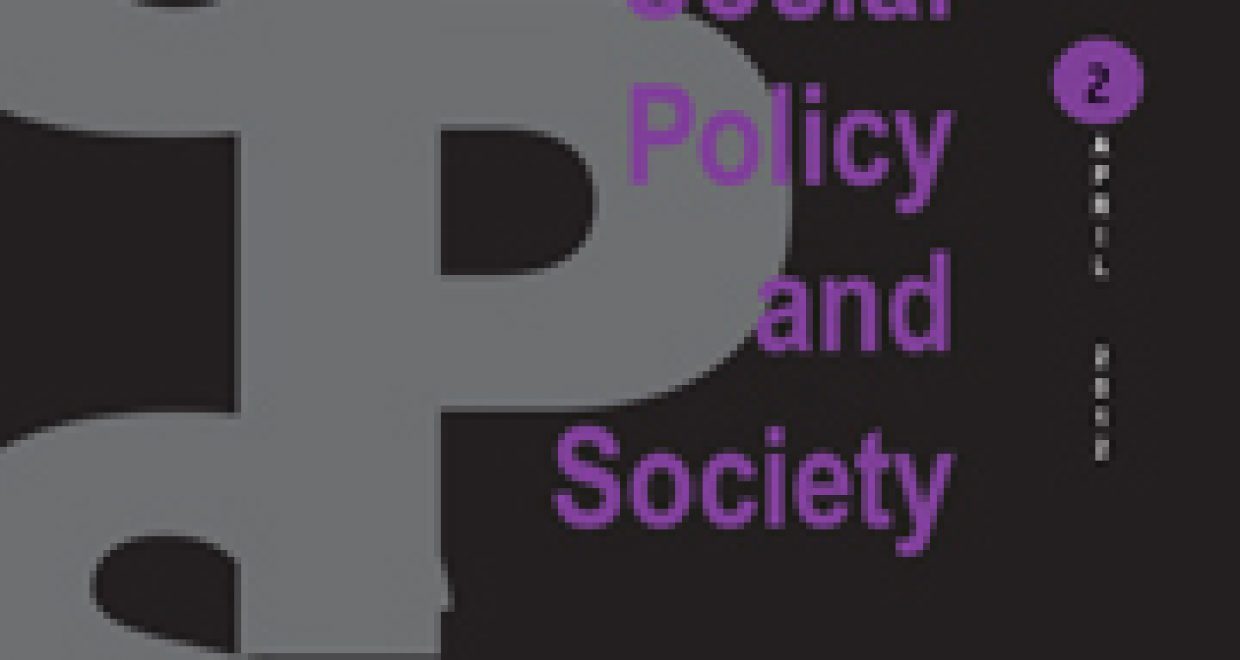Do students act like consumers and make choices based on quality?
For some years there has been an unsupported belief among governments that rising costs of higher education will be accompanied by potential students behaving more like customers and choosing universities on the basis of the quality of the education that they will be paying for. This view was most recently reiterated by Higher Education Minister David Willetts who responded to a predicted fall in new student numbers for autumn 2012 entry by praising the virtues of a more student centred higher education sector which provided improved information for potential entrants.
The assumption that students make rational choices of university based on published measures of the quality of education is a widespread one in policy circles, but one which is based on extraordinarily little evidence. The few studies which have been conducted suggest that potential students from lower social classes have very different reasons to middle class applicants for their choices of universities, often based on the location of the institution.
A survey that I conducted among first year undergraduates at one case study university in 2005-2006 similarly suggested that geographical factors – e.g. that the university was close to home or close to the city centre – played a major part in influencing students’ choice of institution. A follow up study in 2009-2010 asked similar questions but was also able to ask about respondents’ use of data provided by the National Student Survey, which had been advocated both by the Labour government that introduced it and its coalition successor as an important step enabling potential students to act more like consumers. The results once again suggested that location was at least as important as the perceived quality of the education provided. ‘Good reputation’ was a factor that influenced a number of students’ choices, but it was not always clear how this reputation was established, as only 7% of the students had consulted National Student Survey data and only 23% were aware of its existence. Indeed 58% of respondents had made their choice of university without reference to any written information.
This was, of course, only a small survey among one group of students. However, it is one of the very few pieces of evidence available about student choice making and contradicts the unsupported view of the government about the use of quality measures.
Written by Jamie Harding, Northumbria University, UK





